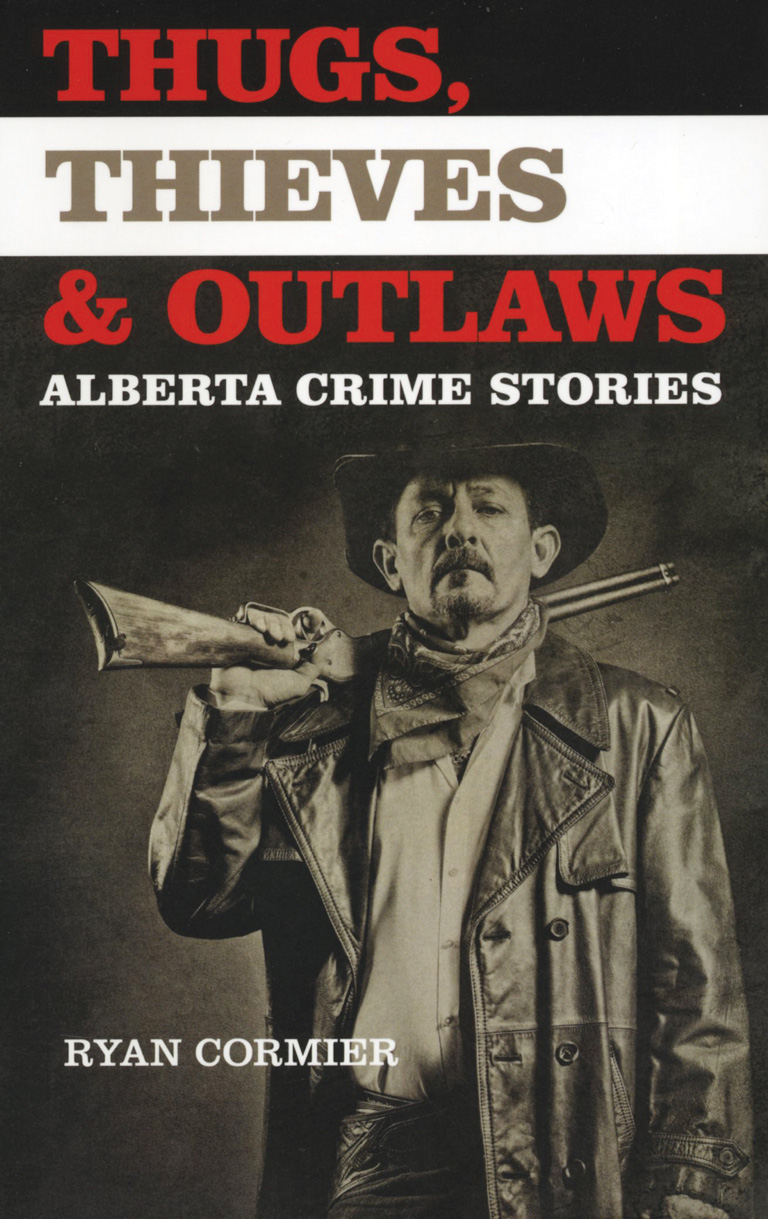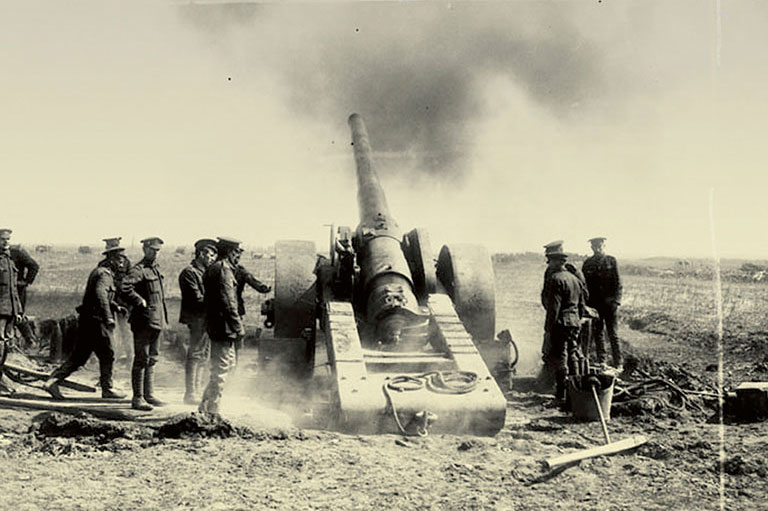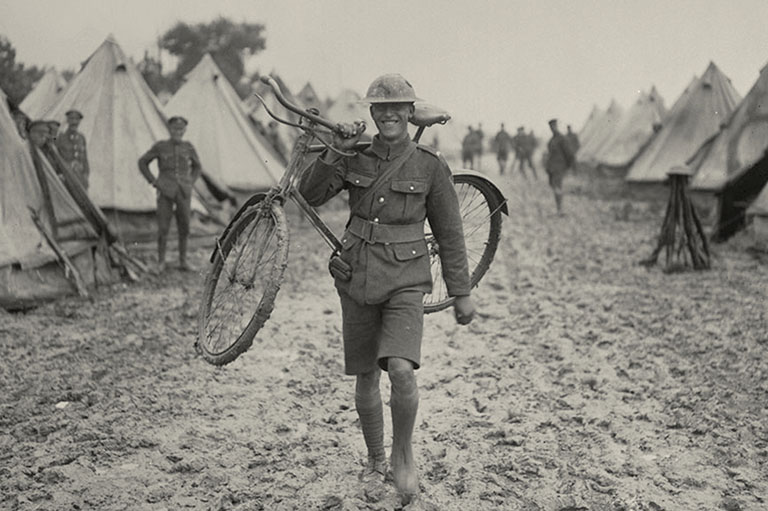Thugs, Thieves & Outlaws

Thugs, Thieves & Outlaws: Alberta Crime Stories
by Ryan Cormier
University of Regina Press
240 pp., $19.95
A double review with
Boiling Point & Cold Cases: More Saskatchewan Crime Stories
by Barb Pacholik with Jana Pruden
Regina Press, University of Regina
264 pp., $19.95
Boiling Point & Cold Cases, by Barb Pacholik, is the third in a series about historic Saskatchewan crimes and looks at forty cases from the past century.
The author is a veteran Regina Leader-Post reporter who has covered her share of crime stories. Pacholik made use of her own notes as well as interviews with investigators and sometimes-dusty court reports. The tales are sad, dark, and occasionally blood-curdling. Many deal with mysterious disappearances and unsolved murders. Several are illustrated with RCMP or newspaper photos.
One tells of the perseverance of a former Regina Mountie who uncovered the facts behind the case of a missing and presumeddead eighteen-year-old in the 1970s. The teen’s murderers were eventually located and charged, and they led police to the young man’s decomposed body, which was identified by house keys found in the victim’s tattered clothing.
Another story tells of the 1935 death of a fourteen-year-old Saskatoon girl whose body was found on the killing floor of a slaughterhouse where her father had earlier been employed and which he planned to reopen. Her mother and father visited the plant on the night of her death but claimed they did not see her body. The parents collected on a life insurance policy and then moved away, saying there were “unjust accusations” against them. With only circumstantial evidence, the file was closed, and the girl’s murder remains a mystery to this day.
In Thugs, Thieves & Outlaws, crime and court reporter Ryan Cormier shows that Alberta’s crimes have been no less grisly than Saskatchewan’s. His stories are sometimes macabre and bizarre.
In one chapter, Cormier writes of an accused who some believe was hypnotized into confessing to murder. Following his hypnotism by an esteemed visiting Vienna criminologist, the man was hanged for four 1928 murders.
Another story tells of the brutal 1907 winter in Nanton, Alberta, where, out of desperation, the freezing villagers hijacked a train’s coal shipment. No charges were laid, as it was deemed that the hundreds of townspeople were acting for their survival.
Although there are no photographs in Cormier’s book, the stories shine through.
In Boiling Point & Cold Cases, Pacholik quotes Saskatchewan Crown prosecutor Alistair Johnston: “Don’t look for rationality in irrational acts. We’ll never know.” His words apply to the crime stories in both of these books, which speak for themselves and can touch us all.
Themes associated with this article
Advertisement




